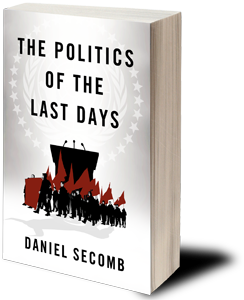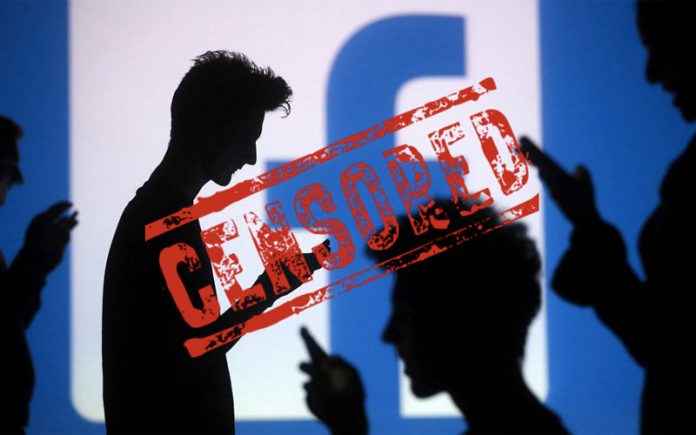Germany could impose hefty fines on social media companies that fail to delete hate speech in a crackdown against abuse online.
The German parliament has voted in favour of a law that includes the provision to levy fines of up to €50 million (£44m) from popular companies such as Facebook and YouTube if they fail to remove hateful posts in a timely manner.
The law, which is due to come into effect in October, affects sites with more than 2 million users nationally. It requires internet giants to find and delete posts containing “evidently unlawful” abusive material within 24 hours to avoid being hit with a penalty.
It also mandates companies delete hateful material that isn’t unlawful within seven days.
The fines are a new provision within the Netzwerkdurchsetzungsgesetz law (network enforcement law), which was proposed in March amid fears that disinformation could influence the upcoming federal elections.
The bill needs to pass in the upper house of Germany’s parliament, the Bundesrat, before it can come into effect later this year. It is designed to defend the population offensive material online such as violence, child pornography, hate speech and extremism.
Theresa May has suggested introducing similar measures in the UK. Ahead of the election, the Conservative manifesto said internet firms could face an industry-wide levy that would fund efforts to counter crime online.
Facebook criticised the German powers, but said it is committed to tackling hate speech on its platform. “We believe the best solutions will be found when government, civil society and industry work together and that this law, as it stands now, will not improve efforts to tackle this important societal problem,” the company said.
But the German Justice Minister Heiko Maas, who introduced the legislation, said digital hate crimes had increased 300 per cent in recent years and that “no one should be above the law”.
“Our experience has shown that, unfortunately, social media companies do not improve their procedures without political pressure,” said Maas.
Rights organisations criticised the law, one of the most draconian in the world, for threatening free speech and turning social media companies into “opinion police“.
“There are real concerns that the law will incentivise social media companies to excessively delete content,” said Miko Hohmann, from the Global Public Policy Institute. “Faced with fines of up to €50 million, social media platforms will likely err on the side of caution and delete lawful content when in doubt.”
Before the bill was passed, David Kaye, UN special rapporteur to the High Commissioner for Human Rights, said he was concerned about the responsibility given to private firms to police freedom of expression. He warned legislation that could limit free speech should be applied by an independent body.
Others have called for more clarity in the bill regarding what is “evidently unlawful” content.
“Tech companies may have a role to play in challenging illegal hate speech and other unlawful content. But this new law in Germany is getting the balance wrong and presents huge risks to freedom of expression,” said Ed Johnson-Williams, of the Open Rights Group. “There are no incentives to ensure the companies properly analyse the context of content and leave legal content online.”
He added: “Theresa May has made similar proposals to fine companies if they fail to remove ‘unacceptable’ content. She should re-think whether we want social media companies to become arbiters of legality and acceptability.”
It comes as internet companies are under pressure internationally to fight misinformation and abuse on their sites. Facebook, which has repeatedly come under fire over how it moderates its 2 billion users, was this week criticised for protecting white men but not black children.
The social network has introduced a tool in Germany that lets users flag suspicious content, which it said will be monitored by a team of 700 new employees in Berlin.
 Register your interest for Daniel Secomb's new book, "Politics of the Last Days"
Register your interest for Daniel Secomb's new book, "Politics of the Last Days"
Daniel's new book explores the integral and fascinating role that politics will play in the end times.
He demonstrates that political philosophy is actually underpinned by biblcal principles and that by examining the political history of the past can give us a fascinating glimpse into how Biblical end times events will unfold.
Be sure to sign up with your name and email address to be notified of updates and the upcoming release date of the book.


















